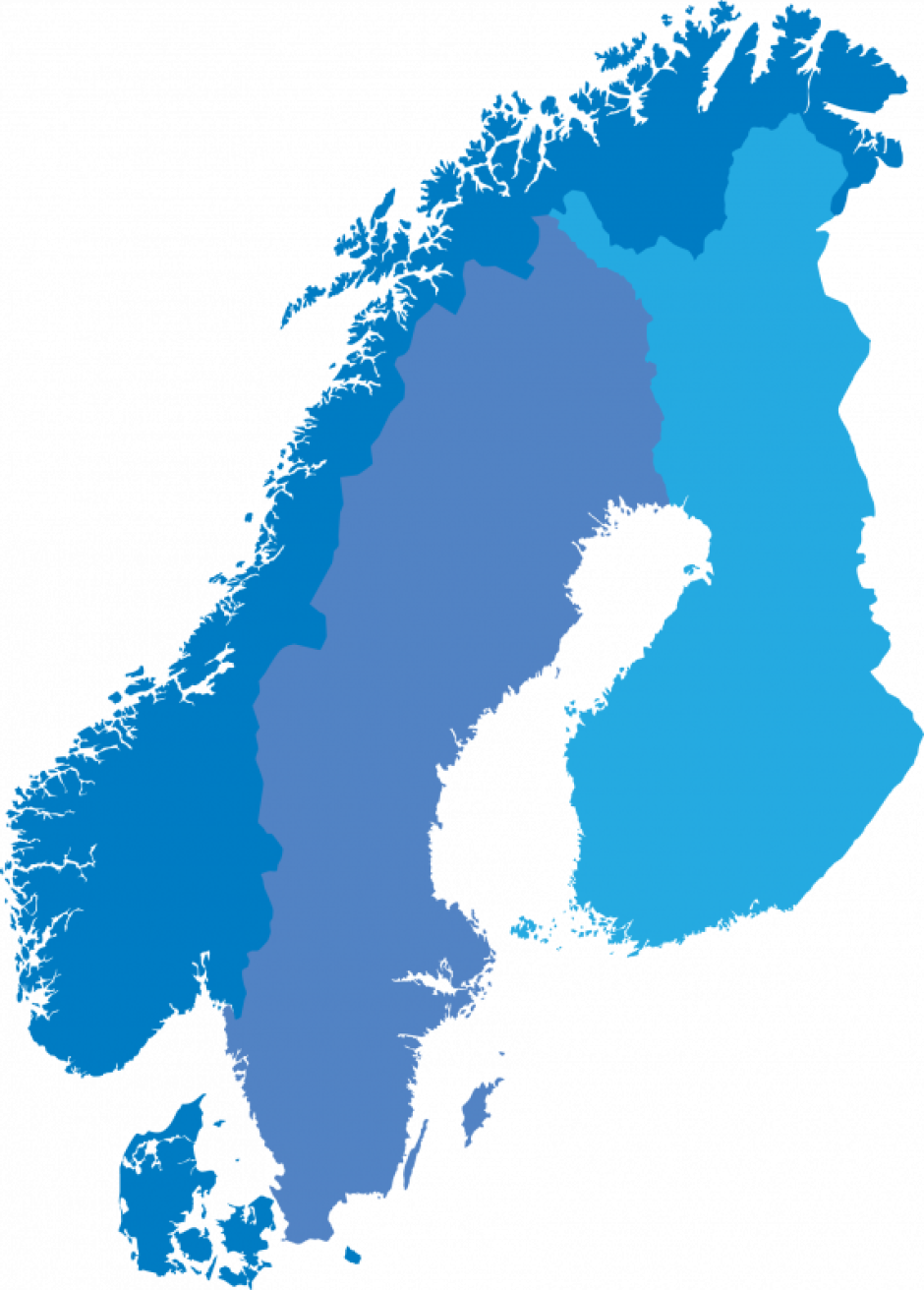Nordic countries well positioned to lead efforts for low-carbon shipping

The Nordic countries are well positioned to lead efforts for transitions to low-carbon shipping. That is one of the conclusions in a report from a workshop at WMU on low-carbon shipping.

The report written by Beatriz Martinez Romera (Københavns Universitet), Tristan Smith (UCL), Ben Milligan (UCL), Karin Andersson (Chalmers) and Maria Grahn (Chalmers) can be read in full here. Below is the reports summary.
The Paris Agreement aims to hold the increase in average global temperatures to well below 2°C above pre-industrial levels, and to pursue efforts to limit it to 1.5°C,1 but it does not refer specifically to emissions of greenhouse gases by the international maritime transport sector. This Report presents the findings of a project commissioned by the Nordic Council of Ministers through the Nordic Working Group for Global Climate Negotiations (NOAK) focusing on opportunities for Nordic countries to achieve a transition to low-carbon shipping globally, nationally and regionally. The Report is informed by a discussion paper released in November 2016 and a workshop convened in Malmö in December 2016, in which representatives of governments, businesses and the research community participated. The key findings of this Workshop Report are as follows.
Technology and finance
Promising technical and financial options are available to Nordic countries to support or lead a transition to low-carbon shipping. The Report presents these options in the form of a low-carbon road map for the sector (see Figure 1), which includes illustrative actions and outcomes concerning technological and operational measures, partnerships between the public and private sectors, and supporting policies and finance.
Public policy
Opportunities exist for Nordic countries to support and lead development of the public policies needed for transitions to low-carbon shipping. Internationally, Nordic countries are well positioned to lead efforts by the International Maritime Organization and others to define global targets for the sector and to build global ambition through partnerships with developing countries and flag registries.
Outside the IMO, Nordic countries can catalyze transitions to low-carbon shipping through actions including market-based measures in Nordic countries, support for private-sector standards, low-carbon targets for Nordic fleets, arranging dialogue between stakeholders, including financiers and charterers, showcasing innovative Nordic practices, and building Nordic-led global partnerships such as “climate clubs”.
Collaboration
The actions described above are interdependent and interconnected. The success of a Nordic agenda for low-carbon shipping depends on the inclusion of all relevant stakeholders, the coordination of policies, and a holistic view of shipping and the important roles of Nordic governments, businesses and civil society within the sector.
Related content:
Workshop Report: Nordic Action for a Transformation to Low-carbon Shipping
-
 NextWave – en podd som ska locka unga
NextWave – en podd som ska locka unga -
 Ny studie: Eldrivna pendelbåtar kan effektivisera Stockholms kollektivtrafik
Ny studie: Eldrivna pendelbåtar kan effektivisera Stockholms kollektivtrafik -
 Sjöfartens utsläpp ökar
Sjöfartens utsläpp ökar -
 Sociala relationer påverkar val av bränsle
Sociala relationer påverkar val av bränsle -
 Sjöfartens omställning kräver ”mjukare” påtryckningar
Sjöfartens omställning kräver ”mjukare” påtryckningar -
 Hon hade avtalad tid med Kapten ynkrygg
Hon hade avtalad tid med Kapten ynkrygg -
 Lighthouse omvärldsanalys 2025 – osäkerhet och tullar präglar sjöfarten
Lighthouse omvärldsanalys 2025 – osäkerhet och tullar präglar sjöfarten -
 Se seminariet Shipping in the Marine Environment
Se seminariet Shipping in the Marine Environment -
 Vad betyder egentligen de 90 procenten?
Vad betyder egentligen de 90 procenten? -
 Hålla där...
Hålla där...

